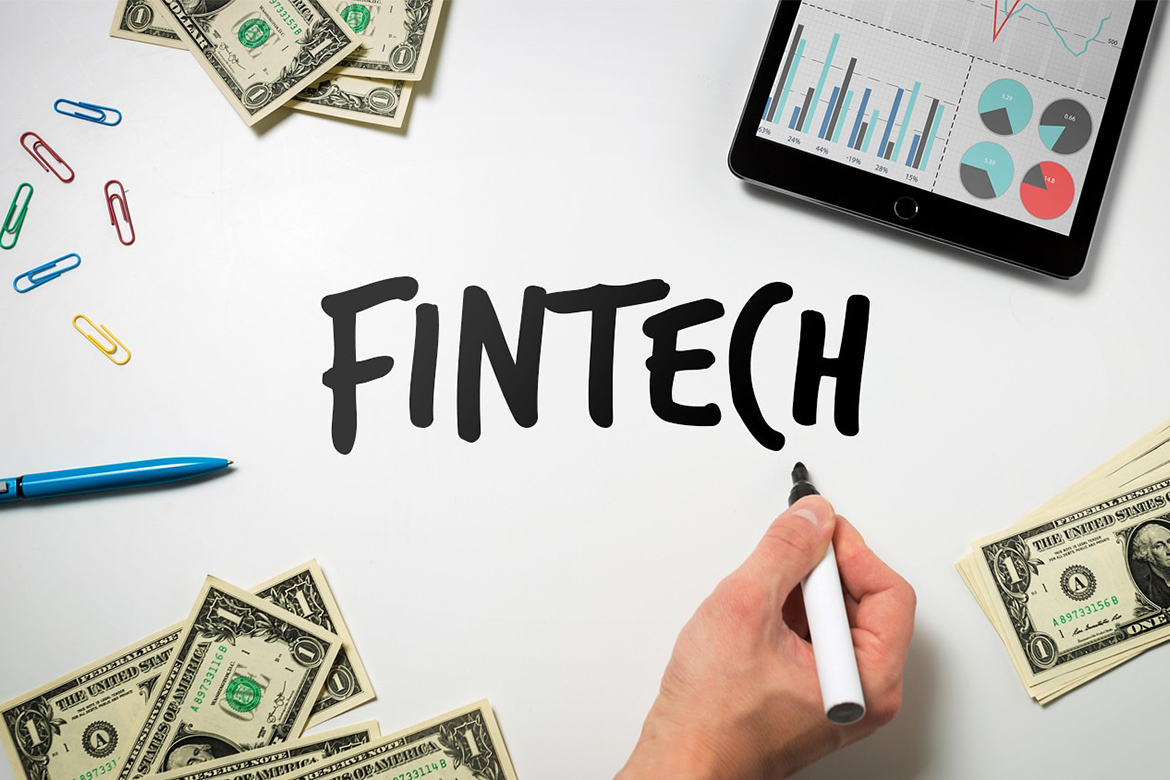In this guide, we will introduce you to the concept of meme coins, their origin, evolution, branding, unconventional nature, and c...
A Beginner’s Guide to FinTech
| Updatedby Andy Watson · 3 min read

FinTech, which is at the forefront of current financial innovation, is set to improve existing financial services, like banking, insuring, and investing.
FinTech is undoubtedly one of the most discussed topics in the last few years. The term stands for financial technology, a line of business based on using software to offer financial services. This is a promising sector that is predicted to transform the current financial industry and is already changing the way banking, insurance, payment and other services are done.
The global investment inFinTech has significantly grown over the last years. According to a report by Accenture, the FinTech investment increased from $930 million in 2008 to over $12 billion by early 2015.
Although the industry is still in its nascent stage, it is rapidly developing, with traditional financial services providers looking to emrace new technologies.The growth of the sector is being driven largely by the increasing demands from consumers for faster and cheaper services. Meantime, the ongoing advancement of everyday technologies, like the widespread adoption of smartphones, created ideal conditions forFinTech development.
One example of financial innovation is how online payments are conducted. SeveralFinTech startups already introduced a number of apps allowing users to manage their funds with just a mobile phone and complete money transfers in just a few seconds.
Fintech encompasses a wide range of services, technologies and startups that are transforming financial sector. Here is the list of some terms that you’ll definitely encounter if you’re following fintech news.
API
Application Programming Interface (API) is a set of rules and specifications that can be followed by software programs to interact with each other. They enable faster development of software by allowing programmers to use components of existing software.
Bitcoin and Blockchain
Bitcoin is a decentralized digital currency that is not controlled by any central entity. All bitcoin transactions are recorded on blockchain, a distributed public database that maintains a continuously growing list of data blocks. The technology is now actively investigated by leading banks and financial organizations, which recognize its potential for the financial industry. In addition to an increased transparency, blockchain offers higher speed of transactions and lower costs.
Software-as-a-Service
SaaS is a common instrument used by startups to provide their services ‘over the cloud’. It eliminates the need for users to install and run software on their computers or data centers, as they can access it over the internet. SaaS reduces costs for the customer and allows startups to easily scale their businesses.
Point of sale
POS refers to a step where customer payment information is captured at a physical location when goods and services are purchased. Data is taken by a range of devices, including cash registers, magnetic card readers, bar code scanners, and computers. Some major fintech startups have already developed POS apps to facilitate payment processes.
Robo-advisors
The technology provides automated financial advice, such as mortgage, investment management and credit advice, using artificial intelligence. Robo advisor platforms allow users to manage their online portoflios without human intervention.
In this guide, we'll delve deep into Bollinger bands and their application in cryptocurrency trading. We'll tackle fundamental top...
Wrapped crypto tokens have been prominent in the space for several years. Anyone who invests in crypto should be aware of what the...